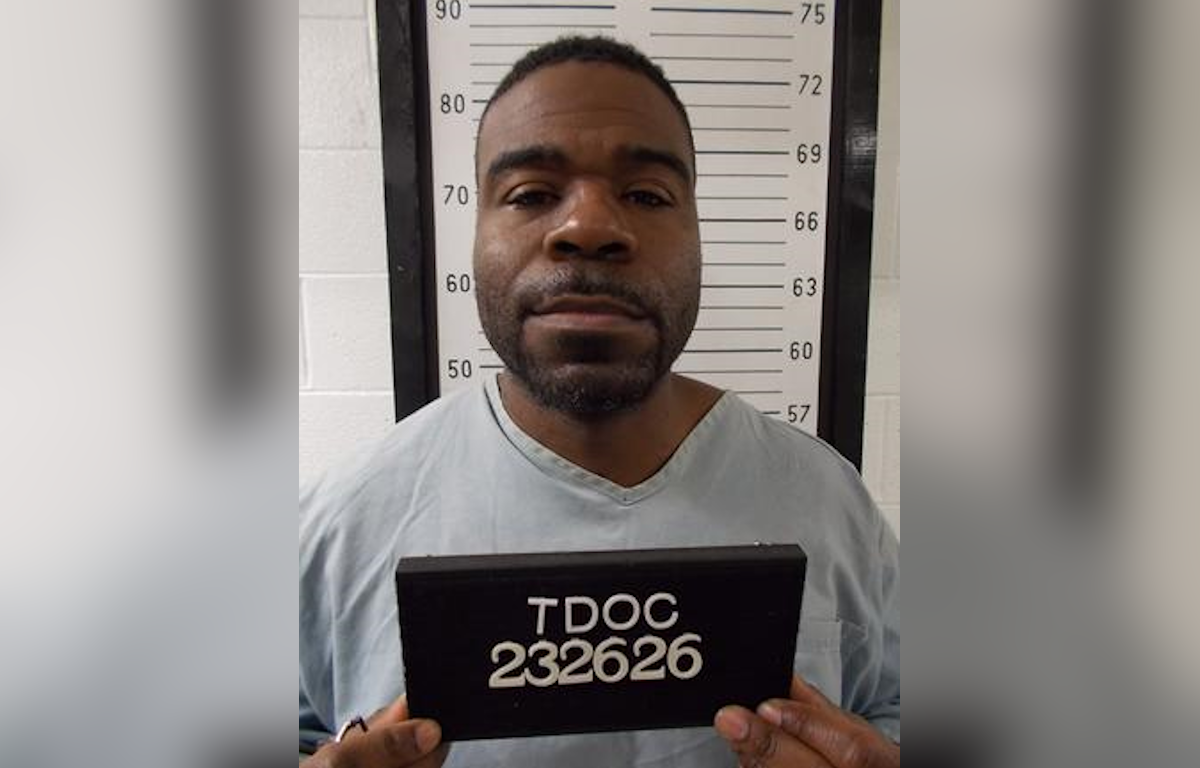CLARKSVILLE, Tenn. (CLARKSVILLENOW)- The man convicted of the 1994 Clarksville Taco Bell slayings is scheduled to have a court date on June 30th at the Montgomery County Court Complex.
Courtney B. Matthews, 45, is serving four life without parole sentences for four consecutive convictions of first-degree murder and especially aggravated robbery for the 1994 robbery of a Clarksville Taco Bell restaurant and the slayings of four restaurant employees: Kevin Campbell, Angela Wyatt, Patricia Price, and Marsha Klopp.
The evidence at trial established that in the early morning hours of January 30, 1994, the four employees were executed during a robbery of the restaurant. Matthews and David Housler, both 19 years old at the time of the murders, were separately convicted of the murders and of especially aggravated robbery.
In November 2014, Housler’s case was dismissed and he was released from prison after serving 20 years. The Tennessee Court of Criminal Appeals ruled Housler had insufficient representation by his attorneys and overturned his conviction in 2013. He was not prosecuted again for the crime since any statements made were inadmissible at a new trial.
In 2019, the Tennessee Court of Criminal Appeals issued this ruling in Matthew’s case.
The Petitioner, Courtney B. Mathews, appeals from the denial of his petition for post-conviction relief, wherein he challenged his jury convictions for four counts of first-degree felony murder and one count of especially aggravated robbery. On appeal, Matthew’s issues center around (1) an ex parte communication between the trial judge and trial counsel that took place at the trial judge’s residence; (2) trial counsels’ inadvertent disclosure of the unredacted timeline to the co-defendant’s defense team that contained attorney-client privileged information; (3) the lack of any jury instructions on lesser-included offenses for the felony murder counts; (4) the Petitioner’s alleged absence during the issuance of the supplemental jury instruction on criminal responsibility and when the trial judge answered jury questions; and (5) cumulative error.
After a thorough review of the record, we reverse the judgment of the post-conviction court. We conclude that due to trial counsels’ various deficiencies, there has been a complete breakdown in the adversarial process during the Petitioner’s motion for new trial proceedings. While the Petitioner’s convictions remain intact, the case is remanded for further proceedings consistent with this opinion.


